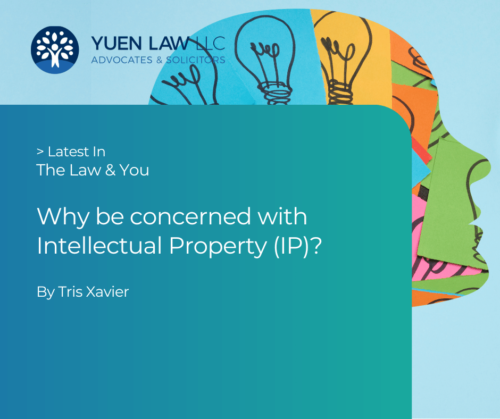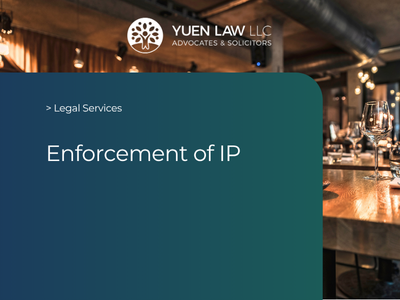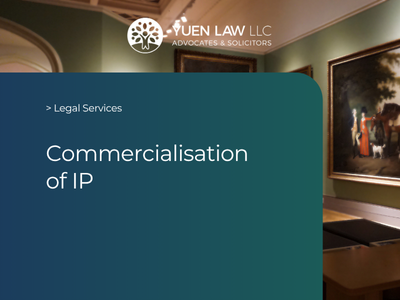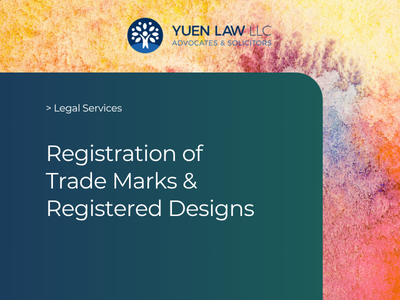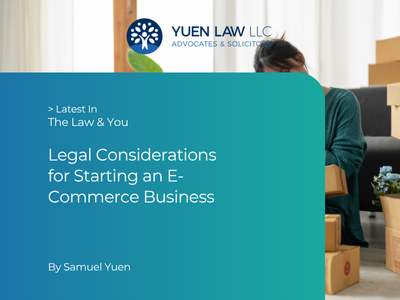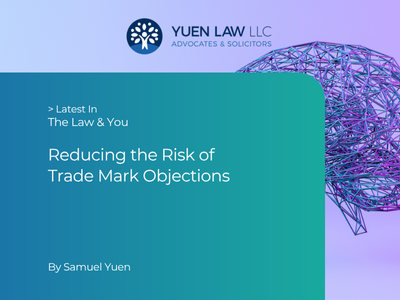Singapore law allows for you, the business owner, to protect your Trade Marks, provided that you are the owner or if you have an exclusive licence from the owner.
Ownership is traditionally proven by establishing priority (first in time), continuing usage, goodwill and reputation, and other circumstantial evidence.
Protecting IP Rights Through Passing Off Action
Typically, when a competitor passes off his goods/services as your business’s or as affiliated to you or your business, the competitor may have committed a tort. In order to make a successful claim for passing off, the complainant must prove three elements: goodwill, misrepresentation, and damage.
First, you must establish that the goodwill attaches to and is specifically distinctive of your business.
You will then need to show that the other party misrepresented the public into thinking that his goods and business are that of yours.
Lastly, you must prove that you have suffered damage, such as loss of sales or restrictions on your possible expansion into other related fields.
This is notoriously difficult to do so in the absence of clear rights or contractual obligations/restraints.
Protecting IP Rights Through Trade Mark Registrations
Thankfully, our laws allow for statutory protection in the form of registration.
The Trade Marks Act (1998) state that registered Trade Marks are, on the face of it, owned by the applicant. This means that you are deemed to own the trade mark until proven otherwise. While you will still need to establish infringement and ownership may still be disproved factually, you are able to avoid the uncertainty brought about by having to prove ownership before asserting your claim.
In Singapore, there are many benefits that will arise from registration under the TMA. A registered Trade Mark will be protected for 10 years, and is renewable for further periods of 10 years each. The owner of a registered trade mark has exclusive rights that lasts for the period of continued registration.
Generally speaking, unauthorised users may be prosecuted under the TMA if they had used your trade marks without your consent. The Court has and will order a range of remedies for infringement. These include injunctions, damages, accounting of profits, and order for delivery and disposal of the infringing articles. It is advisable to register your trade mark to secure these remedies.
The registration of a trade mark appears simple but it is an art form, not science. Failure to use the right scope of protection or the appropriate description can result in the trade mark registration being rendered ineffective and a waste of money and opportunity.
A good and effective scope of good and services (for the purposes of registration) depends on many factors. Some of these include:
- Existing businesses represented by the trade mark;
- Primary, secondary and tertiary markets utilizing the trade marks;
- Whether the industry is an emerging, mature or sunset industry;
- Trade channels;
- Competitive strength; and
- Cultural content.
For assistance regarding intellectual property (IP) matters, do contact us to make an appointment.

